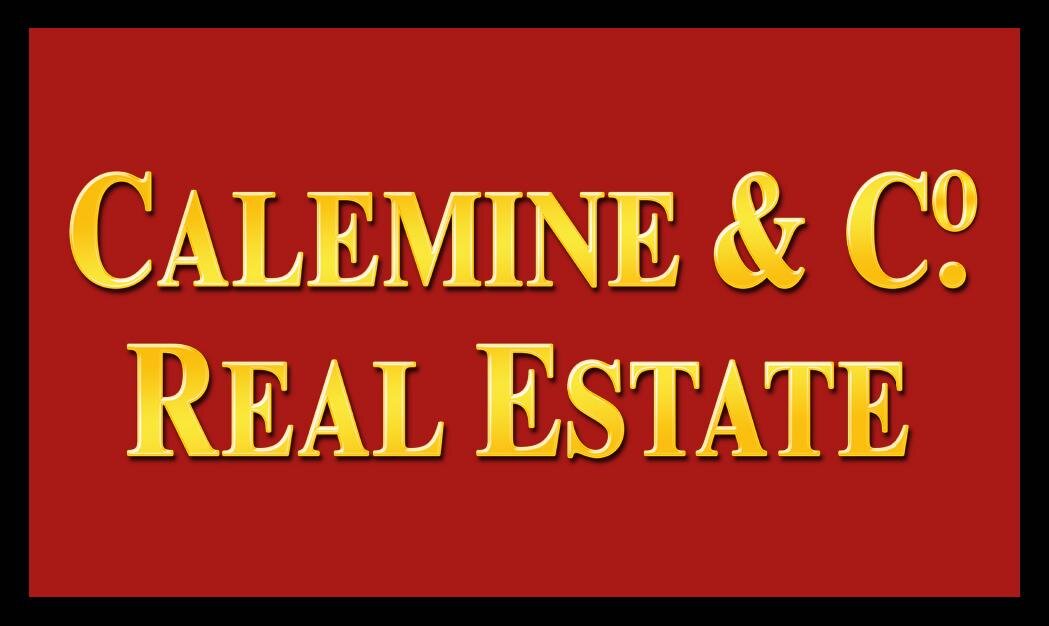Taxes and Home Selling
AM 570 Podcast
Column from The Wave
Generally speaking, sellers of real estate have two different and separate potential tax liabilities: Deed Transfer Tax and Capital Gains Tax. When deciding to sell a property it's wise to know your tax ramifications prior to listing so that there'll be no surprises down the road. As I always say, surprises are good on birthdays, not in business.
Transfer Tax is levied at the closing and is almost always paid by the seller. People who sell deeded residential properties are taxed at about a 1.4% rate by NYC and 0.4% by the State making the total tax liability about 1.8% of the sale price. For example, the sale of an $800K house will incur about $14,400 in Transfer Tax. With lawyers typically charging between $1,500-2,500 for representation in a simple real estate transaction, I usually prepare sellers to expect about a 2% deduction off the top of the sale price just to cover their taxes and legal fees. That, along with the brokerage commission (3-6%), should be added together and then deducted from the sale price to determine the seller’s Net Proceeds from the sale. Other liabilities such as mortgage payoffs, liens and outstanding bills (water, annual property tax, etc.) will typically need to be current and paid-off by the closing as well. Remember, Property Tax is an annual tax (not a closing cost) that is typically paid quarterly by homeowners.
Capital Gains Tax is levied by both the State and Federal governments and is paid on your yearly tax return. “Capital Gains” means “profit” in layman’s terms. Therefore, whenever you sell anything for more than what you paid for it, the government is expecting its cut of the profits; However, the selling of your home is one exception to this rule. Generally speaking, if you've lived in your home as your primary residence for 2 of the previous 5 years, you can claim an exemption from the Capital Gain Tax. There's no limit to the number of times you can claim this exemption in your lifetime either. Essentially, a married couple can profit up to $500K on the sale of their home ($250K for individuals) without owing any Capital Gain Tax. Many folks are shocked to discover this tax bill once they file their annual tax return after selling their home for a profit in excess of the allowable exemption amount. The combined tax can total about 30% of the profit above their exemption. Let’s say a married couple is selling their $800K home that they purchased 30 years ago for $200K. Let’s also say that they spent $20K on improvements to the property over the years for things like a new roof and heating system. That would leave a profit of about $580K. With the government so graciously allowing a $500K exemption, that leaves an $80K profit. That will produce a tax bill of about $24K. In this same scenario, an unmarried person would owe about $100K in taxes. Now, if that same house was sold for $1M instead, the tax liability would be $84K for the married couple and $160K for the unmarried seller.
Potential sellers need to be made fully aware of these substantial tax liabilities, and properly prepared for them. Prior to listing their home for sale, they should first consult with both their accountant and attorney for guidance. Simply put however, once your home appreciates by $250K as an individual (or $500K married), you're now 30% partners with the government on the profits moving forward. The Capital Gains Tax Rate changes from time to time. Always know the potential outcomes before doing anything, especially when selling your single largest asset.

